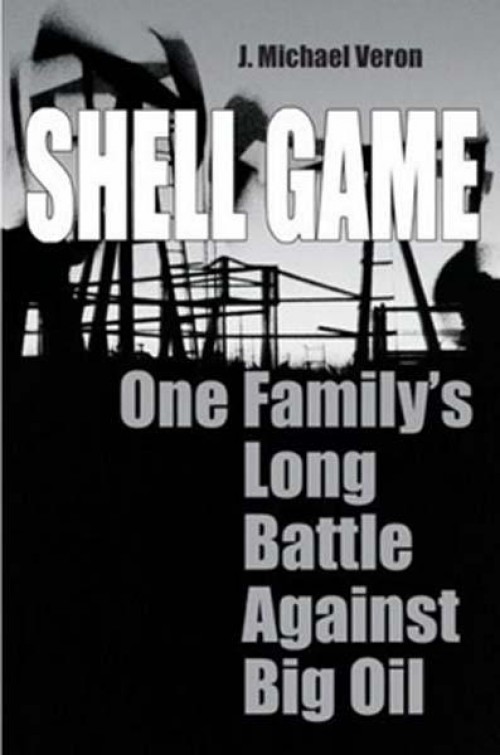
ON THE BALL: McPherson has big plans for Terrebonne hoops
August 1, 2007Dear Editor,
August 3, 2007In 1900, a German immigrant, Ferdinand Heyd, came to America, bought land near Lake Charles and began to farm. It was hard work that barely supported his family and left him struggling to meet his mortgage payments. Then, as if the answer to a prayer, one day in June 1929, a man drove up to Heyd’s farm and offered to pay him cash for a mineral lease on his 320-acre farm, and if oil was discovered on the property, he would also receive a royalty of one-eight of the production. To Heyd, the author’s great-grandfather, this must have seemed like a gift from heaven. He still could farm the land as long as he didn’t interfere with the drilling and the cash would help pay his mortgage.
What’s more, according to Veron, there wasn’t much doubt about finding oil there. You could smell it and actually slosh through it in the fields. And, sure enough, Shell did find oil. “Over the next fifty years, Shell produced as much oil from these leases as from anything in the company’s history.” And, they’re still producing today, although in smaller amounts. Grandpa Heyd considered himself a rich man but he would have been much richer, Veron says, if he had not succumbed to the offers from better educated and prominent individuals to sell portions of his royalties.
Okay, so Grandpa made lots of money and when he died in 1940, his four children each inherited one-fourth of his royalty and they made lots of money. So, what’s the problem?
The problem, says Veron, was not with the original mineral lease but with a subsequent 1961surface lease which allowed Shell subsidiary, Shell Western Exploration and Production, Inc., (SWEPI) to conduct certain operations on a 120-acre section of the land. According to Veron, Shell violated the lease in a number of ways: 1) Shell did not clean the site at the end of the lease; 2) Shell continued to occupy and utilize the land beyond the end of the lease, thereby trespassing and 3) Shell, in violation of the lease, was importing waste salt water from other sites and disposing it on Heyd’s property.
Veron, a practicing attorney in Lake Charles, learned of these problems from his cousin, Billy Corbello, and at his request sent a letter to Shell requesting their immediate attention to remedy this violations. With no response forthcoming from Shell, Veron, on behalf of the family, filed suit in the Fourteenth Judicial District Court in Lake Charles. And here, the fun really begins, as small town lawyer, Veron, takes on the multitude of high powered professionals for Shell.
And, like Little David picking the perfect stones to aim at Goliath, Veron produced the perfect expert witnesses to testify to the damage done to the property and the very expensive cost of cleaning it up. One puzzling thing was personal the animosity of the judge to Veron, to the point of overruling many of his objections while sustaining similar ones from the Shell attorneys. Nevertheless, Veron kept his cool and concentrated on selling his case to the jury. While Veron’s version of the trial contains a certain family bias, which he admits, the actual testimony is taken directly from the transcripts of the case, word for word. His ability as a writer, (he’s authored three successful novels,) helps move the book along at the pace of good fiction. Shell appealed to the Circuit and Supreme courts and lost in both. The irony is that Shell could have settled early on for
$ 300,000 but ended paying $ 72 million. With gas prices so high, some reader’s probably won’t be too sympathetic.




